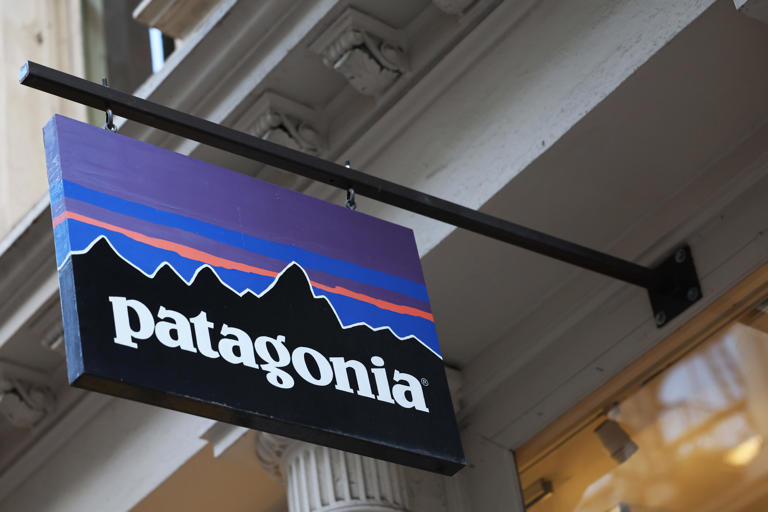Patagonia, a company synonymous with ethical practices and environmental stewardship, is undergoing significant internal restructuring that has stirred controversy among its workforce. Founded by Yvon Chouinard in 1973, Patagonia has built its reputation not only on producing high-quality outdoor gear but also on its commitment to sustainability and progressive business practices.
The recent decision affecting 90 customer service employees, part of Patagonia’s customer experience (CX) team, has brought these values into question. These employees were given a stark choice: either relocate to one of seven designated hub locations across the United States or accept severance. The hubs, strategically chosen in cities like Atlanta, Salt Lake City, Reno, Dallas, Austin, Chicago, and Pittsburgh, are meant to centralize operations and enhance team cohesion.
The move to consolidate operations reflects Patagonia’s effort to streamline its customer service infrastructure and address longstanding issues of disconnectedness among CX staff, who handle calls and inquiries remotely. However, the decision not to include California, where Patagonia has its corporate headquarters and numerous retail outlets, has raised eyebrows. The company justified this omission based on cost-of-living considerations and operational efficiency, but it has sparked criticism from employees who see it as a departure from the company’s roots.
Patagonia’s unique corporate structure, transitioning to a trust and nonprofit organization in 2022 under Chouinard’s leadership, was intended to prioritize environmental initiatives over profit. This move was lauded for its innovative approach to corporate governance, aligning business goals with environmental and social responsibility. However, some current employees feel that this transition has shifted the company’s focus away from its workforce’s well-being.
Critics within the workforce argue that Patagonia’s recent actions suggest a move towards a more conventional corporate model, where profit margins and operational efficiencies take precedence over employee welfare and community ties. This sentiment reflects broader concerns about the corporatization of socially conscious brands and the potential dilution of their founding principles.
Despite offering relocation assistance and additional benefits to those willing to move, many employees have opted for severance packages, citing disillusionment with what they perceive as a shift in Patagonia’s corporate ethos. They express concerns that the company, once celebrated for its employee-centric culture and progressive values, may be losing sight of its foundational commitment to both its workforce and environmental stewardship.
As Patagonia navigates these internal challenges, it faces scrutiny over its ability to balance growth and profitability with maintaining its core values. The outcome of these decisions will not only impact its workforce dynamics but also shape perceptions of its ongoing commitment to sustainability and ethical business practices in an increasingly competitive market landscape.
